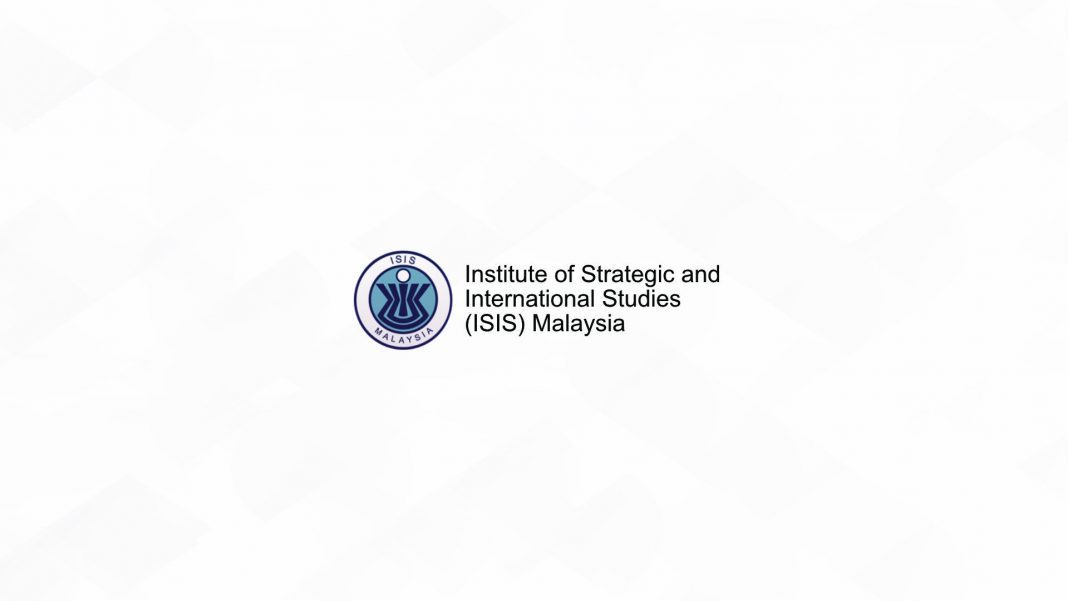Malaysia’s Terrorism threat must be addressed at community level to prevent resurgence of groups such as Islamic State
The concept of Malaysia Baru or New Malaysia is one rife with sentiments of change. But since the Pakatan Harapan coalition won the country’s general election on May 9th last year, taking power from a party in place for 60 years, one problem has remained unchanged – the threat of terrorism remained the same.
The new government took the helm amid a terrorism landscape shaped by a militarily weakened Daesh in Syria and in the Southern Philippines. Marawi began as a raid on a Daesh-affiliated gang by the Philippine military and became grounds battling to be Southeast Asia’s Daesh Caliphate. The five month struggle identified more than 30 Malaysians who travelled to the city in Southern Philippines. In comparison, 102 Malaysians were recorded to have gone to Syria over a span of five years, from 2013 to 2018 with 54 remaining.
In the months after May 9, arrests related to terrorism persisted with the Royal Malaysian Police cumulatively revealing more than 80 apprehended between May 2018 to May 2019. Not all were Malaysians as some were foreign members or had ties with foreign militant groups.
These numbers are indicative of several issues facing Malaysia’s authorities and agencies. The first is the existence of militant networks in the region that spans to West Asia. The fighters take advantage of their nations’ visa-free status to Malaysia and Sabah’s porous borders, elevating Malaysia into a transit point of choice. The second is that sustained interest in Daesh’s cause remains a threat to Malaysia. Among the pull factors to militancy, is the desire to establish and defend the idea of a caliphate. An individual’s radical pathway can be introduced at various moments of their lives, but most often, the idea can begin at home.
A Daesh video released mid-2016 featured Southeast Asians in Syria calling for a war against
un-Islamic governments in Southeast Asia. Fighters including Rafi Udin and Zainuri Kamaruddin denounced the government of Malaysia, saying the government was not the beacon of Islam they wanted. To place things in perspective, Tun Dr Mahathir Mohamad declared that Malaysia is an Islamic state in 2001 with co-option of certain institutional Islamic elements underway since the 1980s.
Ironically, or perhaps in the bid for opportunity, Rafi Udin and Zainuri Kamaruddin’s video emerged while Malaysia’s public sphere was heated with debates on the tabling of the Hudud
Bill in parliament. Malaysia is constitutionally secular and has a multi-racial demographic, which affects the political push for religious conservatism. Until this year, the Hudud Bill which sought expansion of the shariah court’s powers has not been passed by the parliament.
The impact of these political ideas can be seen in an individual such as Ahmad Salman Abdul
Rahim who tweeted in 2014 that he may return to Malaysia from Syria should a Pakatan
Harapan government rule with an Islamic party. His political identity can be derived from family, society and political discourse. Politics is the language that not only tells the individual their rights and what they should own, it also tells them who they are and the grouping they may belong to. A message stressing communal actions and ethno-centricism can reinforce an individual’s sense of identity and purpose – thus becoming the lock that can open with the perfectly honed radical key. Seemingly innocent messages such as the need to care for fellow Muslims can be terribly misconstrued if baited by the wrong crowd.
Ahmad Salman Abdul Rahim was not a part of Daesh and travelled with thoughts of defending
fellow Muslims and Islam from enemies. In interviews, he also spoke of his attempts to reach
out to Muslims in Rakhine and Palestine. He perished in Syria in 2016. As the world of countering violent extremism turns from reactive to preventive measures, the call to address drivers of violent extremism means that present and any future Malaysian government will have to tackle languages of marginalisation. In 2016, the United Nations Plan of Action to Prevent Violent Extremism called for nations to develop a whole of government and whole of society approach to prevent violent extremism. Among the priority areas recommended are for engagement, be it with communities, youth or women.
This means perhaps developing values encouraging positivity and inclusivity that builds on
individual and societal resilience. Understanding the linkages within society that may encourage discord and violent extremism would be useful for prevention. Involving communities, youth and women, instead of a top-down approach may be a part of a lasting solution. While Malaysia’s institutions and agencies are well-versed in the operational side of reacting to terrorist threats, addressing societal factors can be a timeless challenge, particularly given Malaysia’s politics, demographics, militant network linkages and porous borders.
A version of this article first appeared in The South China Morning Post on 8 May 2019





